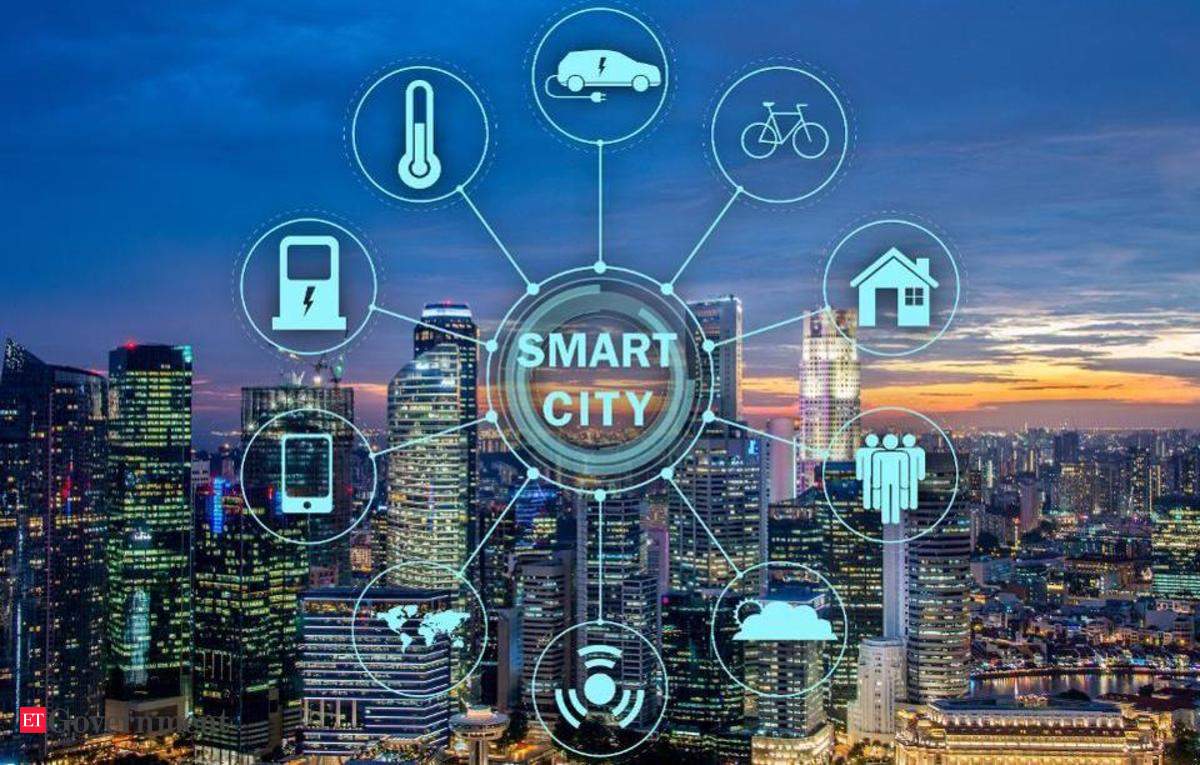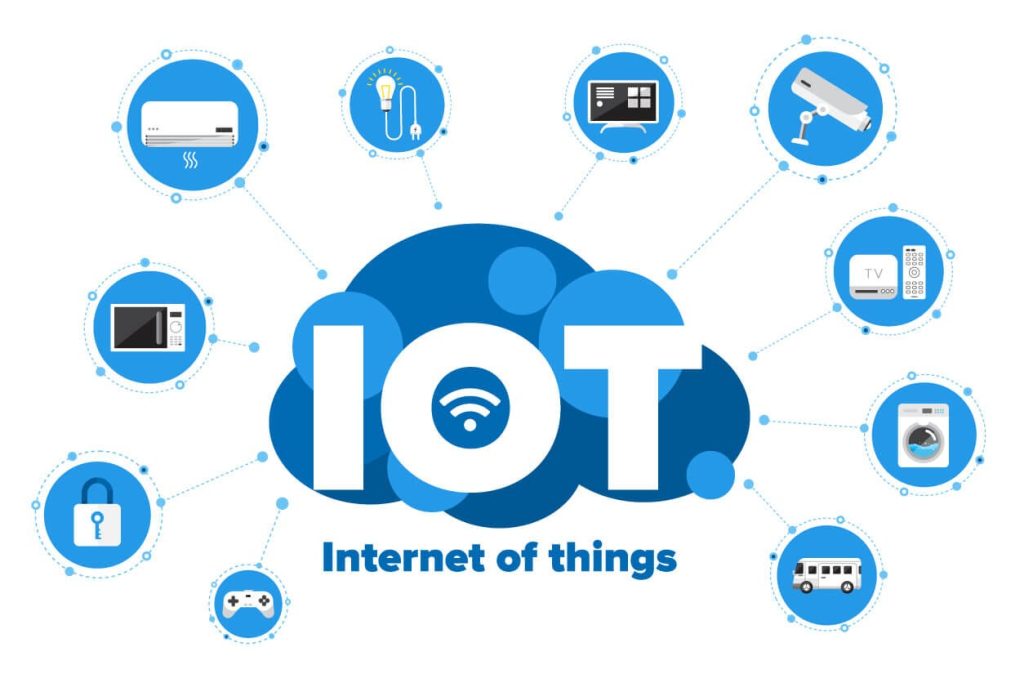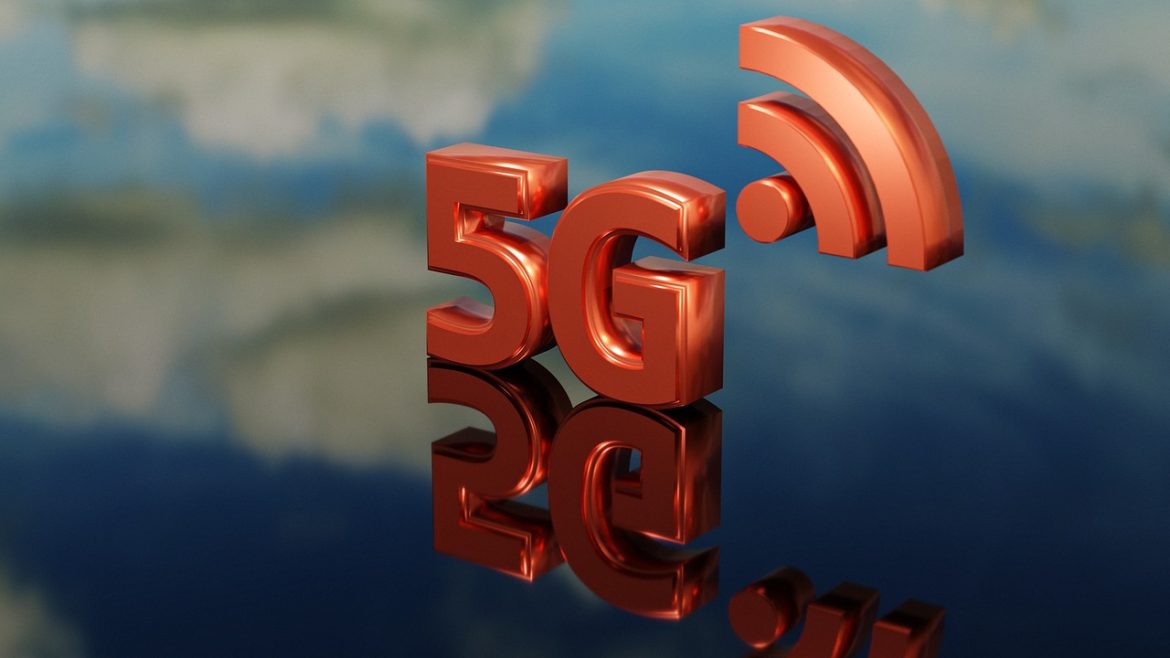Table of Contents

The rollout of 5G technology marks a significant leap forward in wireless communication, offering unprecedented speeds, reduced latency, and the ability to connect a vast number of devices simultaneously. As 5G networks become more widespread, their impact on the Internet of Things (IoT) and smart cities will be transformative. This article explores how 5G technology is poised to revolutionize IoT and smart city infrastructures, highlighting the benefits, potential applications, and challenges associated with this next-generation connectivity.
The Promise of 5G Technology
5G technology represents a substantial upgrade from its predecessors, such as 4G LTE, in several key areas:
- Enhanced Speed and Capacity: 5G networks offer speeds up to 100 times faster than 4G, with theoretical maximums reaching up to 10 gigabits per second (Gbps). This increased bandwidth allows for the seamless transmission of large amounts of data, which is crucial for IoT devices that generate and consume significant volumes of information.
- Low Latency: One of the most significant improvements with 5G is its reduced latency, or the time it takes for data to travel from the source to the destination. 5G networks promise latencies as low as 1 millisecond, compared to 30-50 milliseconds with 4G. This near-instantaneous communication is essential for real-time applications and critical for many IoT solutions.
- Increased Connectivity: 5G is designed to support a massive number of connected devices per square kilometer, potentially up to one million. This capability is fundamental for the expansion of IoT, where numerous sensors, devices, and machines need to be interconnected and communicate efficiently.
Impact on the Internet of Things (IoT)
The Internet of Things (IoT) involves connecting various devices and systems to the internet to collect, exchange, and analyze data. 5G technology will significantly enhance the capabilities and performance of IoT applications in several ways:
- Improved Device Communication: With 5G’s high-speed and low-latency characteristics, IoT devices can communicate more effectively and in real-time. This enhancement will improve the functionality of smart devices such as wearables, smart home appliances, and industrial sensors, leading to more responsive and accurate data processing.
- Enhanced Data Processing: 5G’s increased bandwidth supports the transfer of large data volumes generated by IoT devices. This capability is particularly beneficial for applications requiring high-resolution data, such as video surveillance, augmented reality (AR), and virtual reality (VR) experiences.
- Advanced Applications: The low latency of 5G enables advanced IoT applications that require real-time decision-making and control. Examples include autonomous vehicles, which rely on instantaneous communication for safety and navigation, and remote surgery, where precision and timing are critical.
- Efficient Network Utilization: 5G networks are designed to handle dense networks of devices efficiently. This efficiency will support the growth of IoT ecosystems without overwhelming network resources, facilitating the deployment of large-scale IoT solutions in various industries.

Revolutionizing Smart Cities
Smart cities leverage technology and data to improve urban living, enhance efficiency, and optimize resource management. 5G technology will play a pivotal role in advancing smart city initiatives:
- Smart Infrastructure: 5G will enable smarter infrastructure through the integration of IoT sensors and devices. For example, smart traffic management systems can use real-time data to optimize traffic flow and reduce congestion. Similarly, smart grids can better manage energy distribution based on real-time consumption patterns.
- Public Safety and Surveillance: Enhanced connectivity and real-time data processing capabilities of 5G will improve public safety and surveillance systems. High-definition video feeds from security cameras can be transmitted with minimal delay, aiding in faster response times and more effective monitoring.
- Smart Transportation: 5G will revolutionize public transportation by enabling real-time tracking and communication between vehicles and infrastructure. This connectivity can improve the efficiency of public transit systems, provide real-time updates to passengers, and support the development of autonomous vehicles.
- Environmental Monitoring: Smart cities can use 5G-enabled IoT devices to monitor environmental conditions such as air quality, noise levels, and weather patterns. This data can be used to make informed decisions about urban planning, disaster management, and environmental conservation.
- Healthcare and Emergency Services: In a smart city, 5G technology can enhance healthcare services through telemedicine and remote patient monitoring. Emergency services can benefit from improved communication and coordination, leading to faster response times and better outcomes.
Challenges and Considerations

While the benefits of 5G technology for IoT and smart cities are substantial, several challenges need to be addressed:
- Infrastructure Deployment: The deployment of 5G networks requires significant investment in infrastructure, including new cell towers and network equipment. Ensuring widespread and equitable access to 5G technology may be challenging, particularly in underserved areas.
- Security and Privacy: The increased connectivity of IoT devices and smart city systems raises concerns about security and privacy. Protecting sensitive data and ensuring secure communication channels will be crucial to prevent cyberattacks and data breaches.
- Interoperability: As 5G technology evolves, ensuring interoperability between different devices, systems, and networks will be essential. Standardization and collaboration among industry stakeholders will help address this challenge.
Conclusion
5G technology is set to revolutionize the Internet of Things and smart cities by providing faster speeds, lower latency, and enhanced connectivity. These advancements will enable more sophisticated IoT applications and drive significant improvements in urban living through smarter infrastructure and services. While there are challenges to overcome, the potential benefits of 5G for IoT and smart cities are immense. As 5G networks continue to roll out, they will play a crucial role in shaping the future of technology and urban development, paving the way for a more connected and efficient world.


